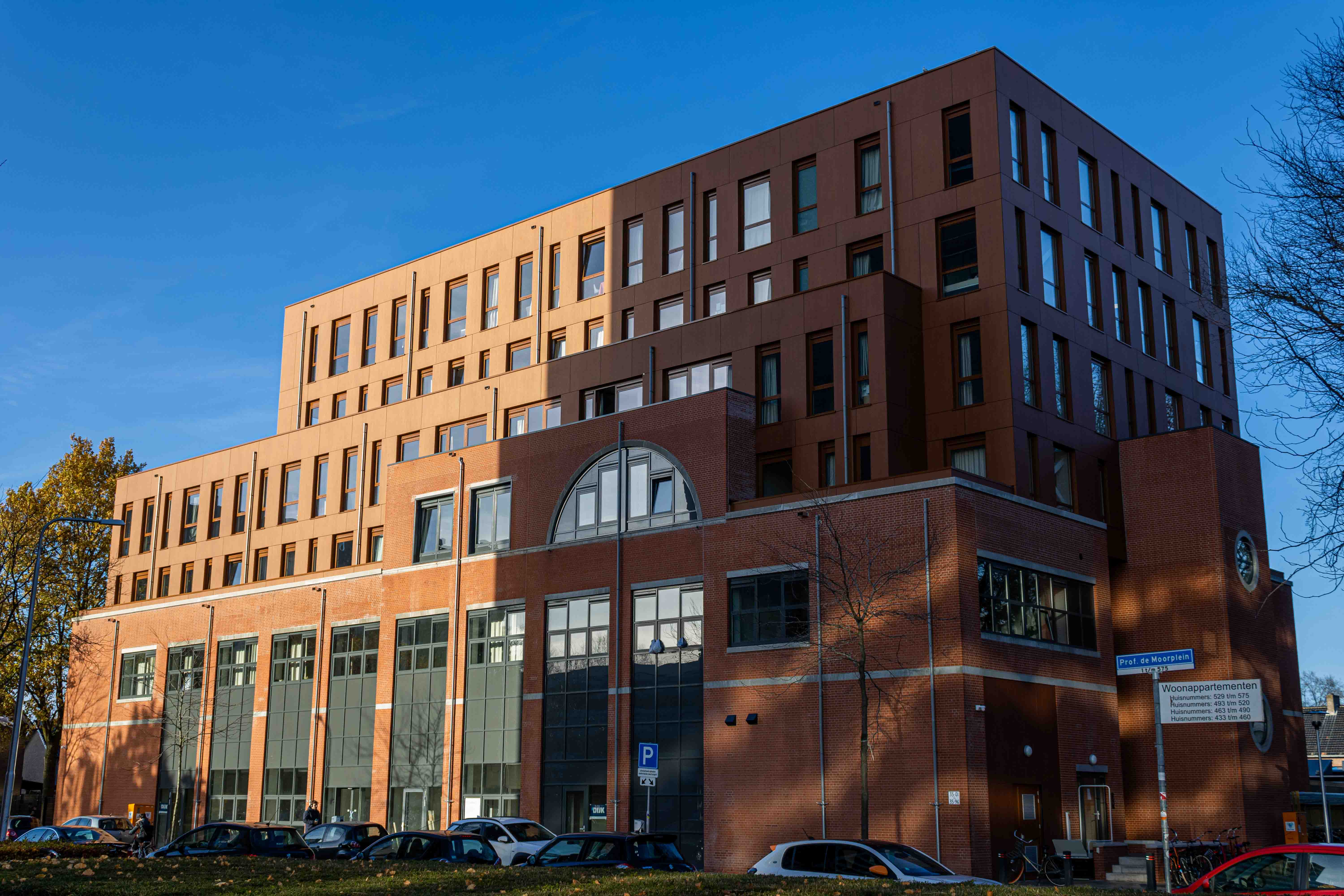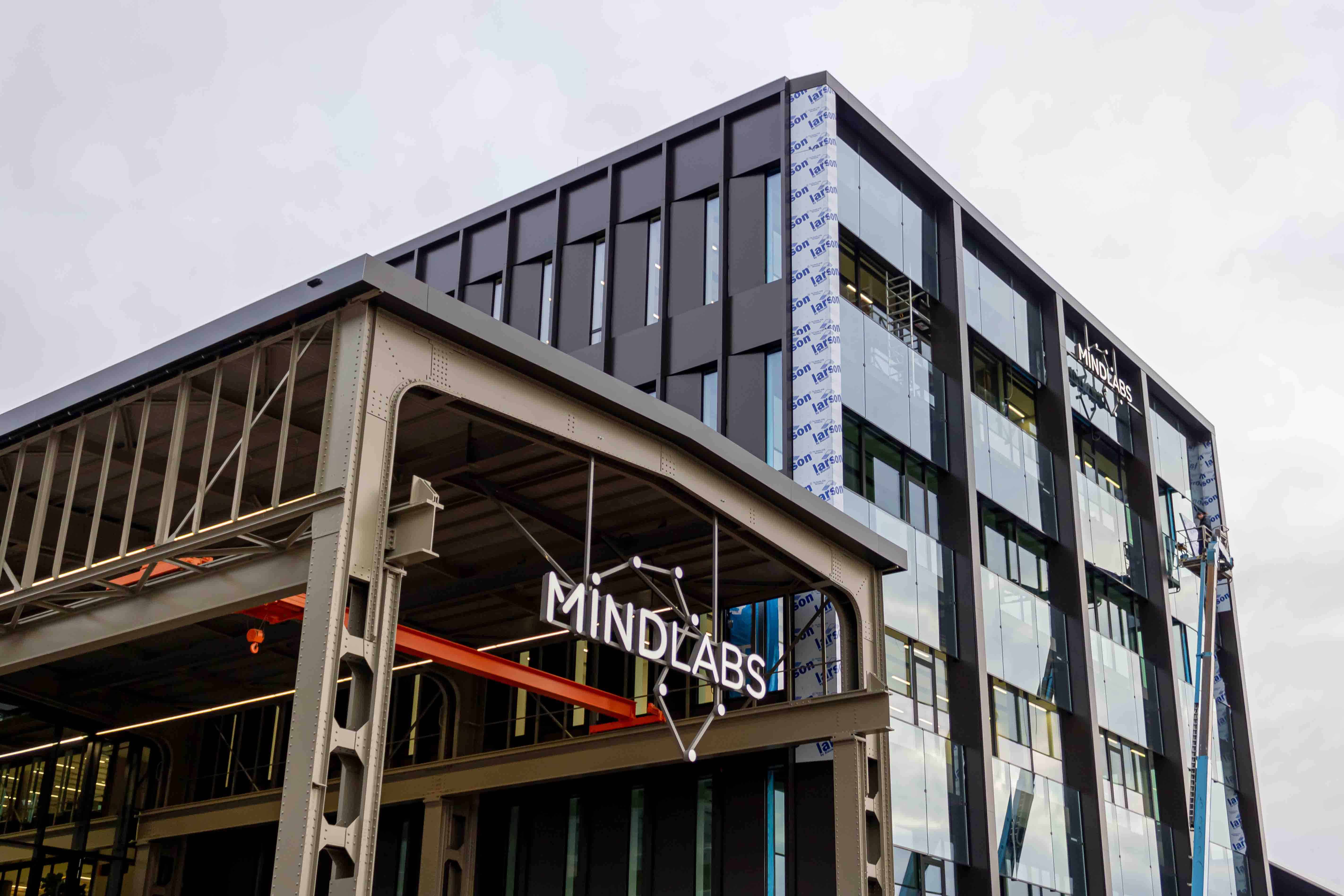
When an e-commerce company is making headway and has already overgrown the size of a small webshop but doesn’t have the turnover of a shop like Zalando yet, keeping the fast pace of growth becomes hard for this online business. A software company from Eindhoven – DEITY – is developing tools that can help middle-sized online shops to scale up their business.
Experience in e-commerce
“DEITY was once a start-up but it was founded by a group of people with 15-20 years of experience in e-commerce,” says Jamie Maria Schouren and Roland Bastiaansen, the co-founders of DEITY. “We had been working in e-commerce for a very long time building software for the companies like Bijenkorf, Ferrari, HP and Zalando – at that time it was their very first internet shop with 10 orders per day. When we were working with those online-stores, we realized that when the companies go fast, they have troubles with scalability, website architecture and their current software. We also saw that at the same time big companies are spending millions and millions on building new software architectures and that it is not available for the fast-growing companies that don’t have millions to spend on software.” That is why DEITY decided to start building software that would be available for online retailers with a turnover of €1-20 million – they make up a considerable part of all e-commerce companies.
Open source software
“We were developing our software for a couple of years,” says Schouren. “While we were building, we were making prototypes with real-life customers – it went very well, so we decided to enter the big market, introducing our software as a service platform and even making one of the products that we built open-source – that means that software developers from all over the world can download it and use it without buying a license.”
The open-source software mentioned here is the front-end product called DEITY Falcon – it was released in October 2018.
“During the first month after the release, we had 400 downloads and last month we had 16 000 downloads. The geography of our users has also been expanding– in the beginning, it was mostly the UK, the Netherlands and Germany but last month we even had downloads from Nigeria, India and other countries all over the world. It’s interesting to see how fast it has grown in just five months,” says Schouren.
Whereas Deity Falcon is a front-end product, the Headless Merchant Centre is a back-end fully Modular Commerce platform. DEITY is releasing the modules of Headless Merchant Centre one by one.

Innovative e-commerce software
DEITY’s co-founders say that an advantage of their products is their modular architecture. “Our software is de-centralized – many people know this word from Blockchain. Decentralization means that all the distinguishable services like Product Management or Automatic Management become separate functions of a product. In the software architecture, they are separated as well. You can have Stock Management as a full service but in DEITY’s products it is data-based, so it takes the form of a small add-on for a website.”
DEITY describe their software as flexible and emphasize that the basic idea behind their work is the “FIRE principle” – Flexible, Integrable, Reliable, Extendable. “That principle means that people can actually do whatever they want with our products,” says Jamie Maria Schouren. “What makes our products innovative is that we are not building the replacement software – we make add-ons to customers’ existing software. That is why we are partnering with many big e-commerce vendours (like BigCommerce and Adyen). DEITY is not a new competitor on the market – we are the one who makes sure that e-commerce software companies can increase their value.”
“Our customers now are not the shop owners directly, but the agencies and web-developers who build online stores for the companies. As our additional services, we provide workshops and consultancy, help the customers to learn how to use DEITY’s software so they can earn money with it.”
Collaborating with giants
DEITY was founded in 2017 and by now it has grown and become partners with big companies like Google. “It’s really good to see that a small company from Eindhoven is on the radar of such giants and that they work together with us to make the internet a better place,” says Schouren. She adds: “By making the internet a better place we mean building front-end technology that provides a really cool experience for a customer. We combine the technologies from native apps and a website, so everything that you can do with the native applications you can also do with the websites – such as sending push-notifications and working offline. That means that you can provide a native app feeling on your website and thus you can have a higher customer engagement. We see that the companies using this kind of combined technology increase their conversion rate and sometimes double their turnover in a couple of months after they start working with this software.”
Progressive Web Apps
“When we started building software combining the experience of both web and native applications, Google suddenly came up with the information that combining both technologies would be a new standard of web development – now it is called Progressive Web Apps (PWA). If you realize that what you have already been building will be a new standard, it is the time to launch a company. When Google learnt that we had the PWA technology, they offered us to discuss it and to make sure that our customers can use those products.”
It was a gamble, but that’s what you do as entrepreneurs
However, all of that did not happen out of the blue. “In fact here, at DEITY, we had anticipated that such kind of a standard would appear because we had been observing the companies struggling with the problems of flexibility and scaling up their business and we came up with a solution to those problems. Some people at the time were saying that we were crazy and that our tools are too much future-oriented, so no one would use them. Despite that fact, the results were good. It was a gamble, but that’s what you do as entrepreneurs – it could have gone wrong, but it didn’t. Now we can see the wide adoption of our technology. We speak at many conferences – we have been to New York, Las Vegas and other places all over the world. Just a year ago we were telling people about what the new standard is. Now when we go to conferences people ask us how they can work with it – I see that as a big shift. Magento (an Adobe company) even called us the trailblazer of the new trend in e-commerce technology – we were really glad to hear that.”







